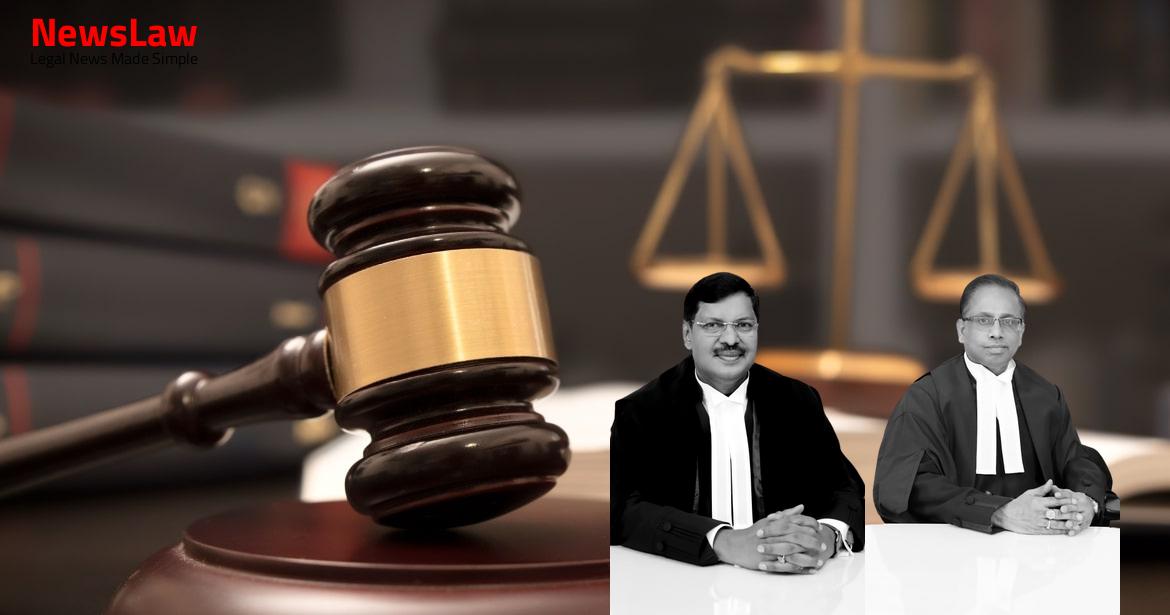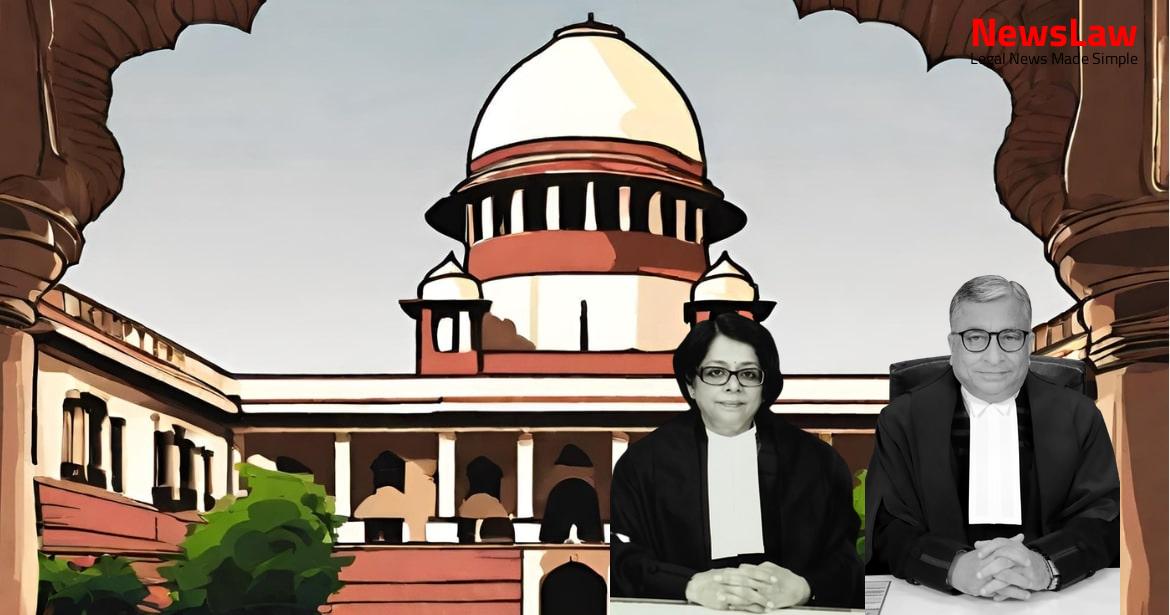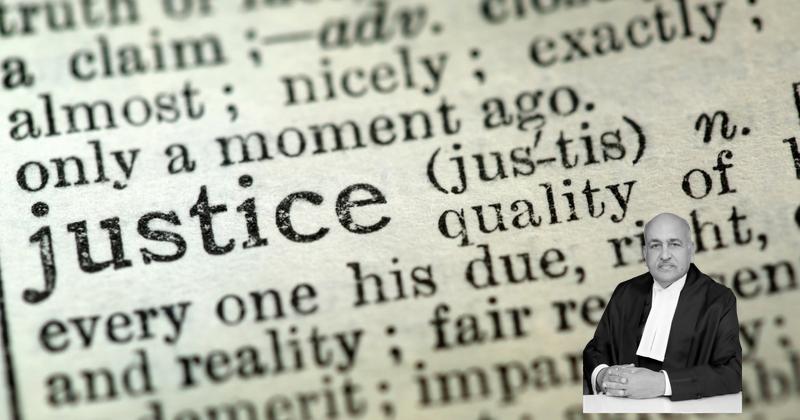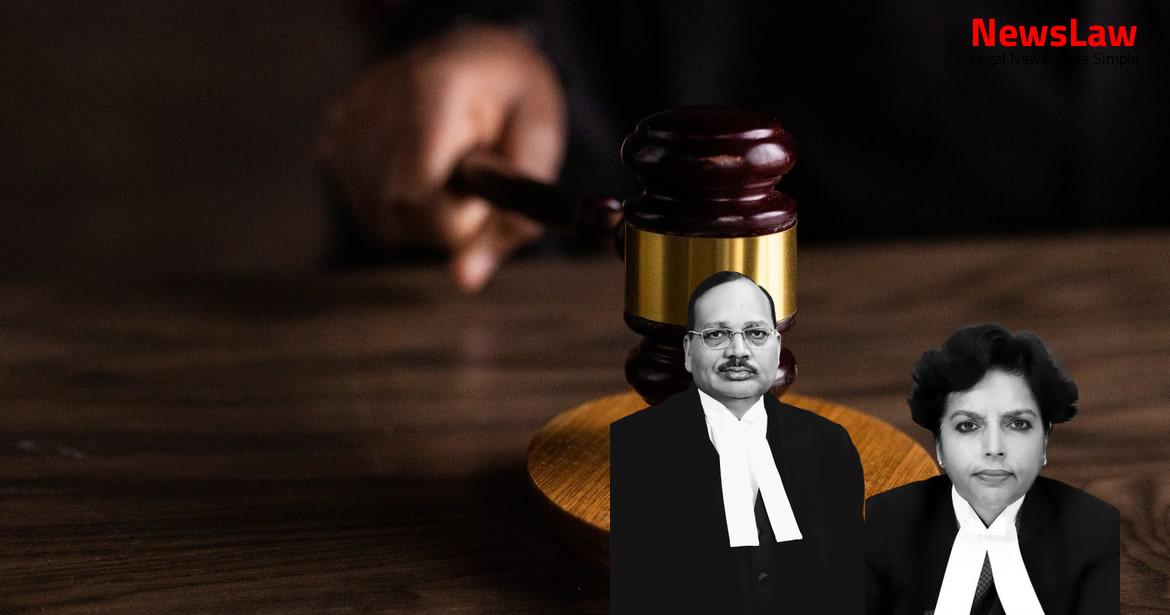In a significant legal development, the Supreme Court of India has issued a crucial judgement related to a bail application in the cases of CBI and ED. The case, involving multiple rounds before various courts, addresses fundamental rights and the right to a speedy trial. Learn more about this groundbreaking decision.
Facts
- Prosecution assured trial conclusion within 6-8 months.
- Trial still ongoing as of April 30, 2024.
- Bail application rejected on grounds of no change in circumstances.
- High Court rejected bail application on May 21, 2024.
- Appellant granted liberty to apply for bail again with change in circumstances.
- Court noted slow pace of trial.
- The appellant was arrested by the Enforcement Directorate on 9 March 2023.
- The first order of the Court rejected the regular bail applications of the appellant in both the CBI and ED matters.
- In the second order of the Court, the Solicitor General mentioned that the investigation would be concluded and the charge-sheet filed by 3 July 2024.
- The appellant filed a second bail application before the trial court on 27 January 2024 and it was heard on 4 June 2024.
- This is the third round before the Court where the appellant is seeking bail in connection with the two cases.
- The ED filed a complaint under the Prevention of Money Laundering Act on 4 May 2023.
- The CBI arrested the appellant on 26 February 2023 based on irregularities in Delhi’s Excise Policy for 2021-22.
- After investigation, the CBI filed a charge-sheet on 25 April 2023 for various offences.
- The Court disposed of the petition to revive the prayer after the filing of the final charge-sheet.
- The appellant approached the Court again after the filing of the charge-sheet in July 2024 and notices were issued in response to the appeals.
- Dr. Abhishek Manu Singhvi represented the appellant, while Shri Suryaprakash V. Raju appeared for the respondents.
- Both cases were heard together as they arise from similar facts, with one being the predicate offence.
- The present case involved two rounds before the trial court, High Court, and the Supreme Court, seeking bail in connection with CBI and ED cases.
- The CBI registered FIR No RC0032022A0053 of 2022 on 17 August 2022, and the ED registered Case No HIU-II/14/2022 on 22 August 2022.
- The first regular bail application of the appellant in the CBI matter was rejected by the High Court on 30 May 2023.
- The appellant then filed a second bail application before the High Court on 2 May 2024.
Also Read: Supreme Court Judgment: Compensation and Interest Dispute between Buyers and Developer
Issue
- The appellant has been charged with a serious offense.
- The nature and gravity of the offense must be considered in deciding on bail.
- The allegations against the appellant are substantial, including detailed descriptions of the crime.
- There is a risk of the appellant tampering with evidence or influencing witnesses if granted bail.
- The appellant’s previous criminal record, if any, should also be taken into account.
- Considering all these factors, the court must determine if the appellant is entitled to bail.
Also Read: Examination of Jurisdiction: State of Bihar vs. Union of India Case
Arguments
- The appellant’s appeals on merits were rejected.
- The second order of the Court reserved the right of the appellant to revive the request after filing the final complaint/charge-sheet.
- A preliminary objection was raised that the appellant cannot file a second set of SLPs to challenge the High Court order when earlier SLPs were disposed of.
- The ASG argued that bail cannot be granted unless the triple conditions under Section 45 of the PMLA are satisfied.
- The appellant was accused of delaying the trial, filing numerous applications intentionally to protract the trial.
- The appellant has not filed for discharge intentionally to delay the trial.
- The court found that the appellant was not entitled to bail on merits.
- The appellant has been protracting the trial through various legal maneuvers.
- The trial has not concluded within the specified time frame from the first order of the Court.
- The ED and CBI have cited a large number of witnesses and produced extensive documents in the case.
- The ED has been accused of concealing documents exculpating the accused under the category of ‘un-relied upon documents’.
- There was an inordinate delay by the ED and CBI in producing the list of ‘un-relied upon documents’.
- Dr. Singhvi argues that trial delay is not due to the appellant’s applications under Section 207 Cr.P.C.
- Refers to a compliance report by the Assistant Director of ED to support the argument.
- States that the appellant filed 14 applications in the ED case and 13 in the CBI case, all allowed by the trial judge.
- Mentions that the appellant filed these applications as exculpatory documents were not provided by the prosecution but classified as ‘un-relied upon documents’.
- Highlights that the prosecution opposed these applications even though they should have included the material in the first place based on principles of natural justice.
Also Read: Review Petition filed by Landowners against State of Haryana
Analysis
- 1. The Court acknowledges the prolonged period of incarceration suffered by Manish Sisodia and expresses concern over the delay in the trial proceedings.
- 2. The Court emphasizes the principle that bail is the rule and jail is the exception, especially considering the fundamental right to liberty under Article 21 of the Constitution.
- 3. Observations made in the first order of the Court regarding the right to speedy trial and prolonged incarceration are crucial and should be considered in the bail application.
- 4. The Court notes the massive amount of evidence involved in the case, including numerous documents, and the impact on the trial timeline.
- 5. The Court highlights the need to balance the accused’s right to reasonable time for document inspection with the prompt conclusion of the trial.
- 6. The Court dismisses the preliminary objection raised and upholds the appellant’s right to revive the bail request based on changing circumstances or trial delays.
- 7. The Court criticizes any attempt to unduly restrict the fundamental rights to speedy trial and liberty, reiterating their importance.
- 8. The Court points out the self-contradictory nature of arguments against bail considering the timeframe for investigation and trial specified in previous orders.
- 9. The Court underscores the importance of considering the observations on speedy trial and incarceration duration in the decision-making process by lower courts.
- 10. The Court clarifies that the liberty granted allows the appellant to renew the bail request after the filing of the final complaint/charge-sheet, without unnecessary delays.
- The Court observed that bail is not to be withheld as a punishment but merely to secure the attendance of the prisoner at trial.
- The Right to Life and Personal Liberty under Articles 20, 21, and 22 of the Constitution is sacrosanct.
- The court highlighted the adverse impact of economic offenses like money laundering on society and citizens, emphasizing that arrest infringes the fundamental right to life.
- The purpose of keeping a person in judicial custody pending trial is to secure their attendance at trial.
- In cases of delay coupled with long incarceration depending on the nature of allegations, the right to bail must be considered.
- Specific observations were made in various cases regarding the importance of the right to bail and the fundamental right to a speedy trial under Article 21 of the Constitution.
- Bail should not be denied in every case, even in grave economic offenses; consideration should be made on a case-to-case basis with the primary objective of securing the accused’s presence for trial.
- There is no possibility of tampering with the evidence in this case.
- To address concerns about influencing witnesses, stringent conditions can be imposed upon the appellant.
- The case primarily relies on documentary evidence already seized by the prosecution.
Decision
- Learned Solicitor General has assured that investigation will be concluded and charge sheet filed by 03.07.2024.
- Trial court can proceed with the trial after the charge sheet is filed.
- Pending applications will be disposed of based on the mentioned terms.
- The appeals are allowed.
- The High Court’s judgment dated 21 May 2024 is quashed.
- Appellant granted bail in ED Case No HIU-II/14/2022 and FIR No. RC0032022A0053 on bail bonds of Rs.10,00,000/- with two sureties.
- Appellant to surrender passport and report to Investigating Officer twice a week.
- Appellant prohibited from influencing witnesses or tampering with evidence.
- Petitioner can revive prayer after the filing of the final charge sheet as assured by the Solicitor General.
- Any future applications will be considered on their own merits.
Case Title: MANISH SISODIA Vs. DIRECTORATE OF ENFORCEMENT (2024 INSC 595)
Case Number: Crl.A. No.-003295-003295 – 2024



